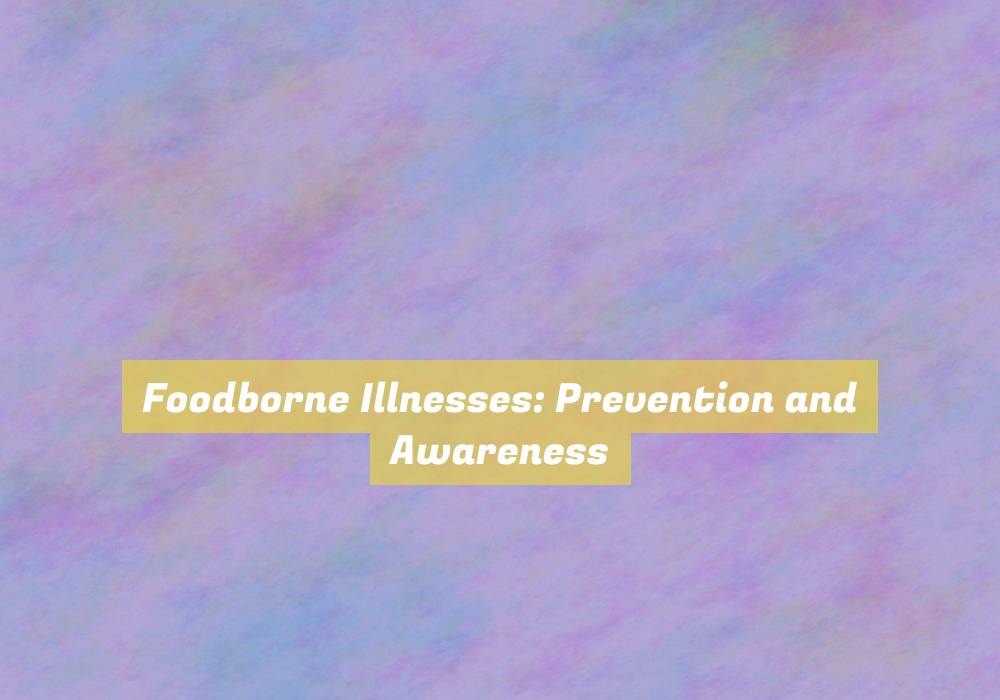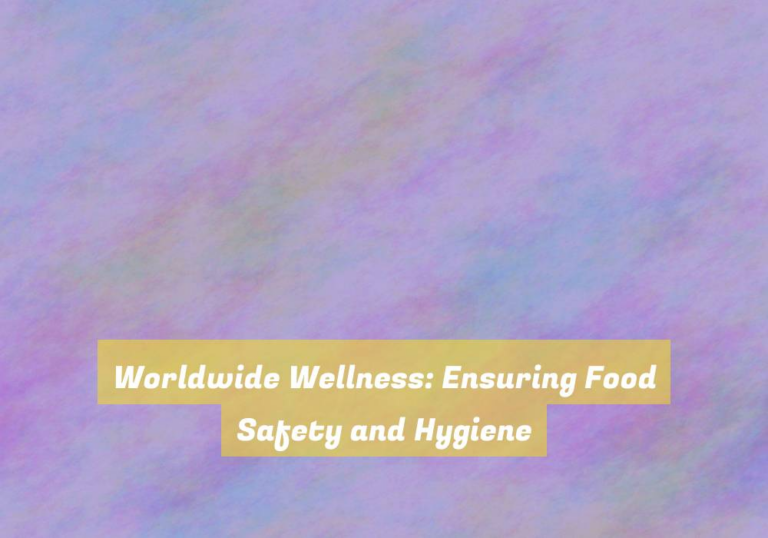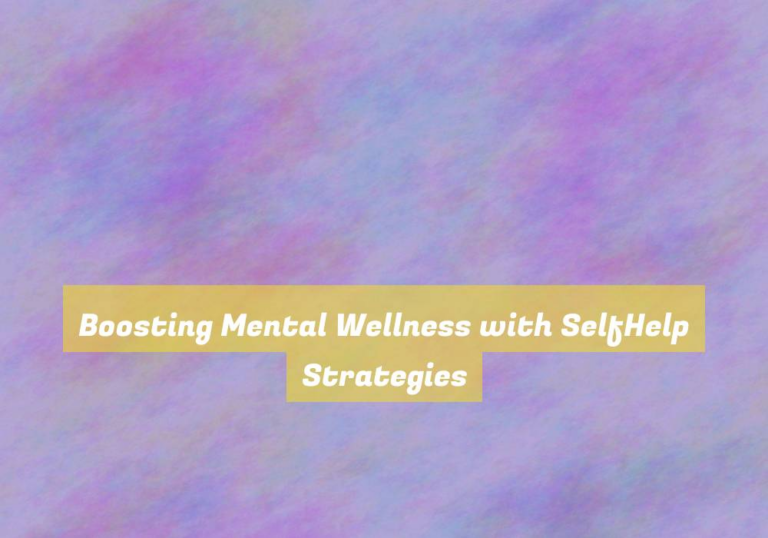Foodborne Illnesses: Prevention and Awareness
Imagine your body as a fortress, diligently guarding against invaders. Now, picture those invaders as microscopic, sneaky saboteurs that can disrupt your bodyG??s defenses.
Foodborne illnesses are like stealthy infiltrators that can catch you off guard, causing discomfort, sickness, and in some cases, serious health complications.
But fear not, for there are ways to fortify your fortress and protect yourself against these intruders. As you navigate through the maze of food choices and dining options, understanding how to prevent food contamination and recognizing the signs and symptoms of foodborne illnesses can be your best defense.
So, how can you arm yourself against these invisible foes and spread awareness to safeguard others?
Understanding Foodborne Illnesses
To prevent foodborne illnesses, itG??s crucial to understand the common sources and causes of these illnesses. One of the most common sources of foodborne illnesses is improper food handling. This can include not washing hands properly, using the same cutting board for raw meat and other foods, and not cooking food to the appropriate temperature.
Another source is contaminated water, which can be used to wash produce or in food preparation. Additionally, consuming raw or undercooked animal products, such as meat, eggs, and dairy, can also lead to foodborne illnesses.
Cross-contamination is another significant cause, where bacteria from one food item is transferred to another, often through cutting boards, utensils, or hands.
Understanding these sources and causes is essential for preventing foodborne illnesses. By practicing proper food handling and hygiene, such as washing hands regularly and using separate cutting boards for raw meat and other foods, you can significantly reduce the risk of contamination. Additionally, ensuring that animal products are cooked thoroughly and avoiding cross-contamination can further lower the likelihood of contracting a foodborne illness.
Preventing Food Contamination
Prevent food contamination by practicing proper food handling and hygiene. This includes regular handwashing and the use of separate cutting boards for raw meat and other foods. Cross-contamination is a common cause of foodborne illness.
Ensure that raw meat, poultry, and seafood are stored separately from other foods in the refrigerator or freezer. Use different utensils and plates for raw and cooked foods. Cook foods to the appropriate internal temperature using a food thermometer to kill harmful bacteria.
Refrigerate perishable foods promptly and properly, ensuring that your refrigerator is set at 40-?F (4-?C) or below to slow the growth of bacteria. When preparing fruits and vegetables, wash them thoroughly under running water to remove any lingering dirt and bacteria.
Additionally, be mindful of expiration dates on perishable items and discard any food that has passed its prime. By following these simple yet crucial practices, you can significantly reduce the risk of food contamination and foodborne illnesses in your household.
Signs and Symptoms
If you experience symptoms such as nausea, vomiting, diarrhea, or fever after consuming food, itG??s important to seek medical attention promptly. These symptoms may indicate a foodborne illness, which is caused by consuming contaminated food.
Foodborne illnesses can range from mild to severe and can affect anyone, but certain groups such as young children, elderly individuals, pregnant women, and those with weakened immune systems are at a higher risk of developing serious complications.
In addition to the common symptoms mentioned earlier, foodborne illnesses can also cause abdominal pain, cramps, and dehydration. The onset of symptoms can vary depending on the type of bacteria, virus, or parasite involved, but they often manifest within a few hours to several days after consuming contaminated food.
It is crucial to be vigilant about these symptoms and seek medical attention if you experience them, especially if they persist or worsen. Early detection and treatment can prevent further complications and help in identifying the specific cause of the illness. Remember to stay hydrated and avoid self-medicating, as certain medications can worsen the condition.
If you suspect a foodborne illness, itG??s essential to report it to your local health department to prevent further spread and protect others from potential contamination.
Raising Awareness
Raising awareness about foodborne illnesses requires understanding the importance of recognizing symptoms and taking proactive measures to prevent their spread. ItG??s crucial to educate yourself and others about the potential risks associated with consuming contaminated food.
One of the most effective ways to raise awareness is through community outreach and education programs. By sharing information about common sources of foodborne illnesses and the symptoms to watch out for, you can help people make informed decisions about food safety.
Social media platforms are powerful tools for spreading awareness. Sharing facts, tips, and resources about food safety can reach a wide audience and encourage individuals to take preventive measures. Additionally, partnering with local health organizations and participating in events focused on food safety can help amplify the message and reach even more people.
Another important aspect of raising awareness is dispelling myths and misconceptions about foodborne illnesses. By providing accurate information, you can help people understand the real risks and empower them to take necessary precautions.
Ultimately, raising awareness about foodborne illnesses is about equipping individuals with the knowledge and resources they need to protect themselves and their communities.
Conclusion
So, remember to always practice safe food handling and preparation to prevent foodborne illnesses. Stay informed about the signs and symptoms, and spread awareness to others.
By taking these simple steps, you can help keep yourself and your loved ones safe from the dangers of food contamination.
Stay vigilant and informed to protect your health and well-being.







Your metaphor of the body as a fortress is particularly striking and serves as a compelling reminder of the fragility of our health in the face of foodborne illnesses. I’ve always found it fascinating how the rise of food technology, including advancements in food preservation and safety protocols, plays a significant role in protecting us from these invisible intruders.
I appreciate your thoughts on the metaphor of the body as a fortress. It really does capture the essence of how we need to think about our health. Food technology has come such a long way, making it easier for us to enjoy a variety of foods safely. The innovations in preservation methods, like vacuum sealing and high-pressure processing, really allow us to minimize the risk of contamination.
I really resonate with your view on the body as a fortress. It’s such a vivid way to frame our health journey and how we protect ourselves. The strides in food technology make it feel less like a constant battle and more like a collaborative effort with science.
You’ve touched on something really important there. The metaphor of the body as a fortress highlights not just our vulnerabilities but also how we can fortify ourselves. It’s interesting to consider how food technology has evolved so rapidly, almost like a race against those invisible threats. These advancements in food preservation and safety aren’t just about keeping food fresh longer; they fundamentally change how we interact with our food systems.
You’ve raised an intriguing point about the metaphor of the body as a fortress. The idea that we can fortify ourselves suggests a proactive approach to not just health, but our entire food ecosystem. It’s fascinating how food technology has rapidly transformed to meet the challenges posed by an increasingly complex food landscape.
I appreciate how you picked up on that metaphor! It really does highlight just how delicate our health can be when faced with unseen threats from our food. The way food technology has evolved is pretty remarkable. Take something as simple as pasteurization, for instance. It’s one of those techniques that revolutionized our approach to food safety and allowed us to trust that what we’re eating is safe, all while extending shelf life.
You’ve touched on a really important aspect of our modern lives. The way we think about food, its safety, and how it interacts with our health has evolved considerably. The metaphor of the body as a fortress really resonates with me, especially when I consider all the unseen threats out there. It’s like we’re constantly on guard, and foodborne illnesses can sneak in when we least expect it.
Your mention of the body as a fortress really strikes a chord with me. It’s a vivid image and captures the ongoing battle we face daily. But considering how food technology has advanced, it’s somewhat ironic to think that while we have these sophisticated safety protocols in place, foodborne illnesses still present a real threat.